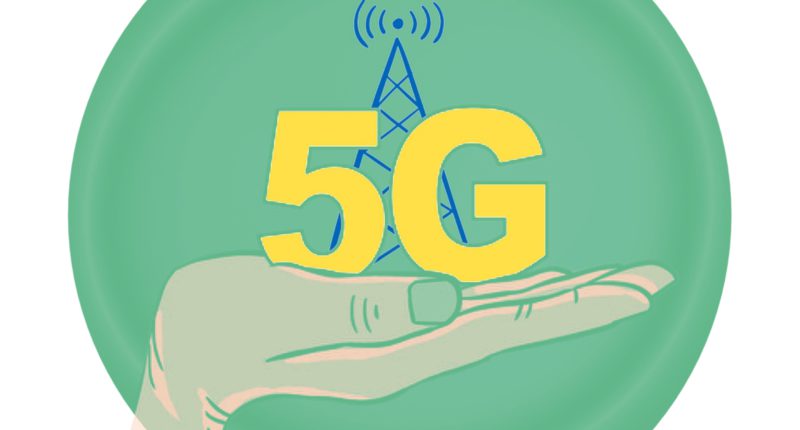Nigeria, Africa’s most populous nation, recently joined the short list of countries on the continent which operate the fifth-generation technology. The other countries include the likes of Kenya, South Africa, Ethiopia, Seychelles, Zimbabwe, Togo, etc.
MTN Nigeria, one of the two telecommunications companies with license to operate the fifth generation in the country, recently launched the commercial version of the technology while Mafab Communications, the second licensed company, got four months till launch in January 2023.
This raises the question of what the government gains from licensing a technology that had many myths linked to it, including causing COVID-19 and having an apocalyptic sign:
- Generate Revenue
According to the Executive Vice Chairman of the National Communications Commission (NCC), Prof. Umar Danbat, the Federal Government of Nigeria is targeting a projected revenue of over N500 billion ($1.158 billion) in 2023, through the 5G spectrum.
- The commission claims it would generate revenue by auctioning two of the 5G spectrums in 2023.
- From 2017 to 2021, the commission has generated N799 billion and remitted N423 billion to the federal government.
- In Q1 2022, NCC generated N257 billion while remitting N195bn to the federal government.
- National Broadband Plan (NBP 2020-2025)
5G technology brings Nigeria closer to achieving its National Broadband Plan (NBP 2020-2025), a plan to raise internet penetration in the country to 70% by 2025.
- As of May 2022, internet penetration in the country stood at 42.27 percent.

